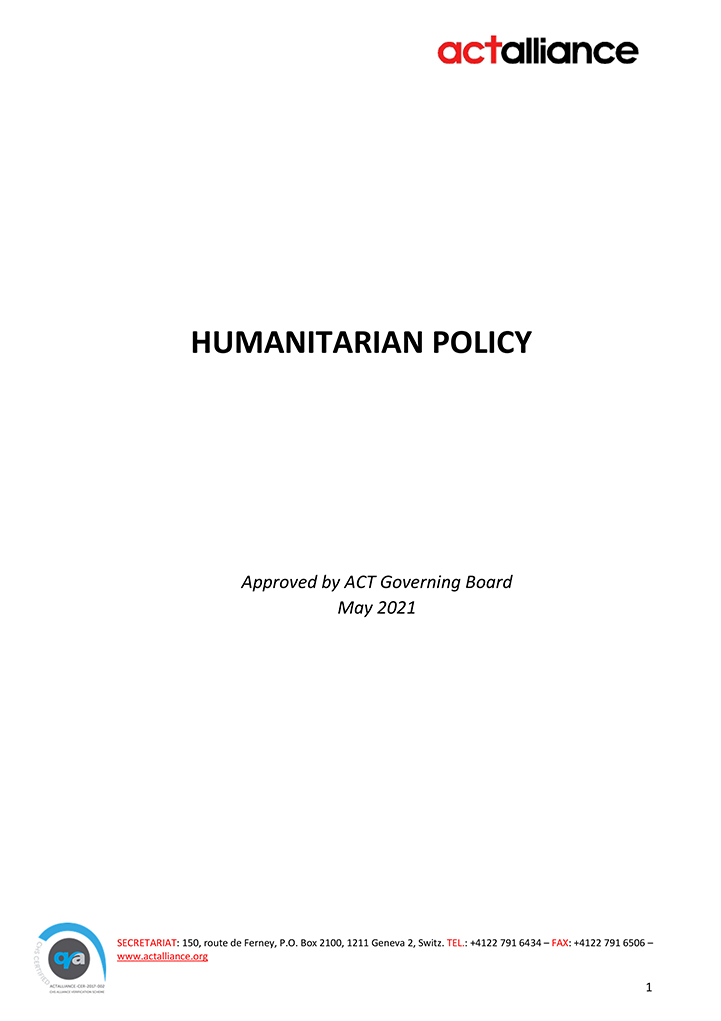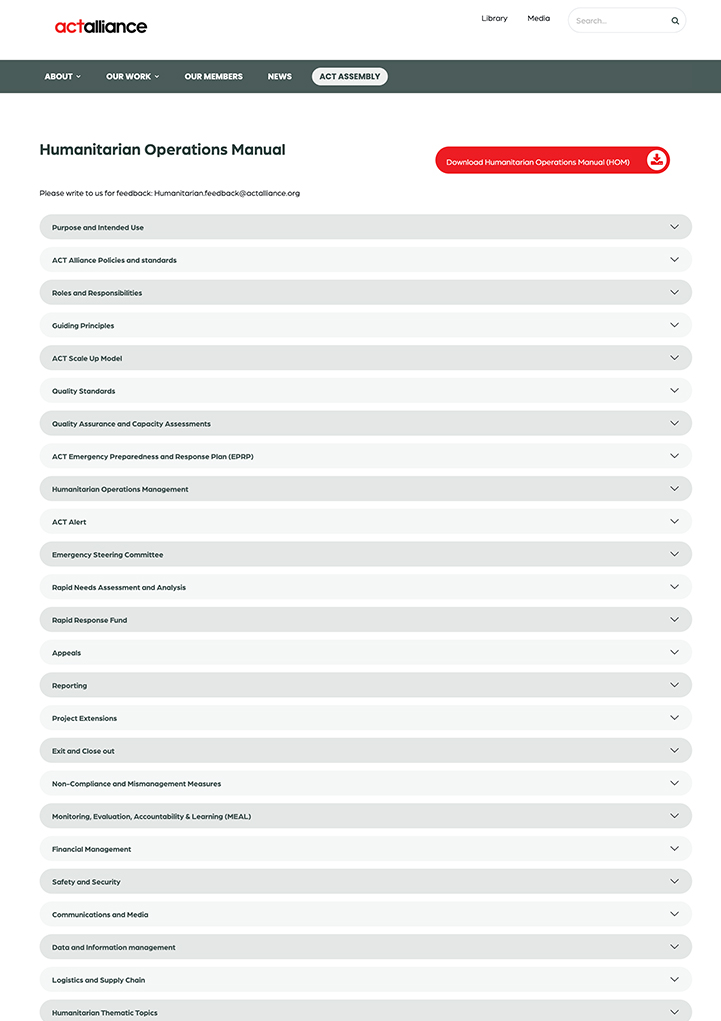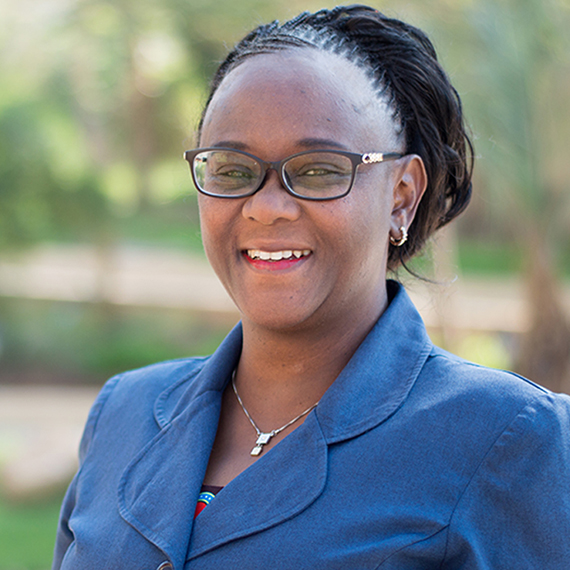A 6.2 magnitude earthquake hit the districts of Majene, Mamuju and Polewali Mandarin in West Sulawesi, Indonesia on 15th January, 2021. This was preceded by a 5.9 magnitude earthquake in the same region. Recent reports from UN OCHA and BNPB said that it caused damages to 300 houses, 1 bridge, 2 hospitals, 1 port, 1 hotel, 2 government offices, landslide on 3 spots, 242 casualties, 189 people with serious injuries, 637 people with minor injuries, and around 15,000 people are in evacuation centers where they will . The number of casualties is predicted to increase as reports from local authorities will come in. The earthquake has also affected and disrupted the community' activities such as health facilities (including hospitals), offices, marketplaces, shops, and religious facilities. The disaster has also resulted in the cut-off of electricity, communication, water, transportation access (by air and land), and lack of food security. Indonesian government has started to deploy rescue and assistance to the affected areas.ACT Indonesia Forum plans to give assistance to 5,000 people affected by the earthquake through ACT Alliance’s Rapid Response Fund. They plan to aid and support the disruption of health services, household items, protection for vulnerable groups, shelter materials, WASH services and materials, and assistance to support the disruption of livelihoods.ALERT Indonesia West Sulawesi Earthquake











